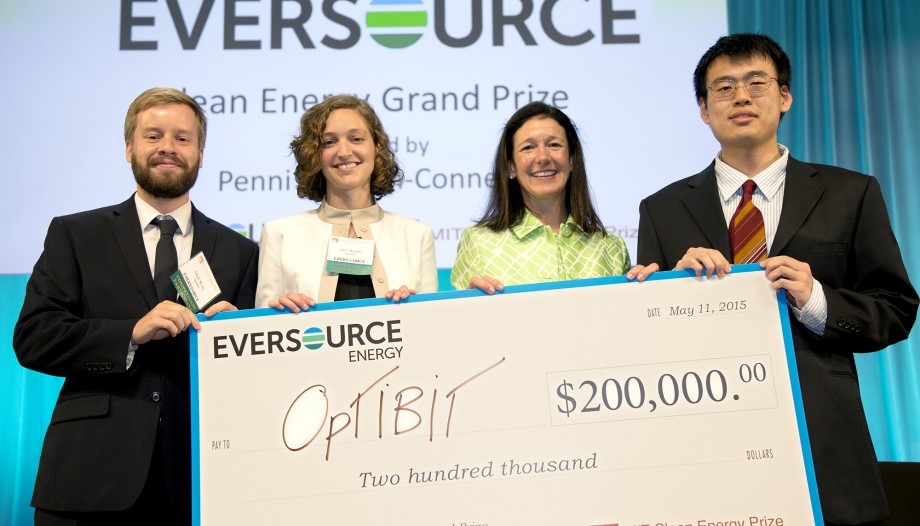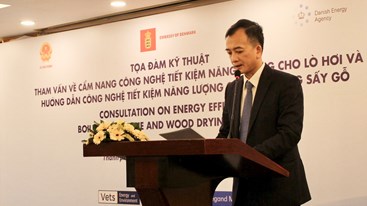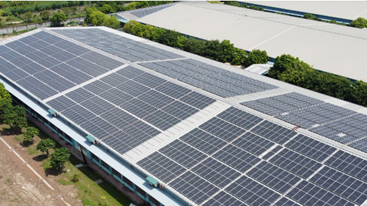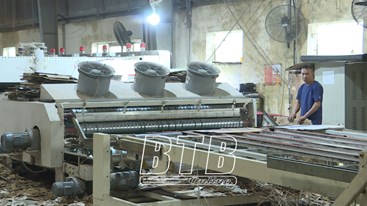Thursday, 25/04/2024 | 12:16 GMT+7
OptiBit, a startup working to find ways to keep power-hungry data centers humming in a more energy-efficient manner, won big at this year’s MIT Clean Energy Prize contest. The far-flung team had a graduate student each from Massachusetts Institute of Technology, University of Colorado, Boulder, and the University of California, Berkeley. Their patented technology has been a decade in the making and took home the $200,000 grand prize.
“Facebook’s data centers use the same amount of energy as the City of Palo Alto,” said Alexandra Wright, a MBA student from the MIT Sloan School of Management, who was the presenter for the winning team. Copper was seen as the culprit. The team decided to change the copper-based technology in the processors to one based on the more energy-efficient fibre optics. Mark Wade, a graduate research assistant at the University of Colorado, is the electrical engineer who designed the optical device to replace the metal in the computer chips. Chen Sun, a doctoral candidate at MIT who is a visiting student at UC Berkeley’s Berkeley Wireless Research Center, worked to integrate the optics with the on-chip electronics.

Their solution, they said, offers “10 times more throughput, two times lower latency, and 95 percent less energy use” compared to copper-based chips. The researchers have forged close to a dozen prototypes in existing foundries, meaning the overhead costs needed to start manufacturing this novel chip will be low.
Bill Aulet, managing director of the Martin Trust Center for MIT Entrepreneurship and a key architect behind the prize, points out that OptiBit’s technology could result in faster computing, fewer carbon emissions, and lower costs for the industry. He said these smarter chips are a product of fundamental research: Over $20 million has gone into developing the chip over the last 10 years, much of it provided through a grant from Defense Advanced Research Projects Agency. “While it is the era of lean startups, some innovations are capital-intensive and need to be backed by solid science,” he said. “This is a win-win-win idea and it is great to see something like this come to market.”
This is the eighth year of the MIT Clean Energy Prize, an innovation and entrepreneurship competition with sponsors including utility company Eversource (formerly NStar) and the Department of Energy. Over 50 teams from 30 universities competed to come up with innovations to improve energy efficiency in homes, businesses and transportation. For the first time, there was a development prize geared towards a problem in the developing world. The winning team, Safire, is working on a low-cost method of processing biomass at farm sites in impoverished rural communities.
This summer, the entire OptiBit team will move to the Bay Area to set up shop and be closer to their potential clients. With the prize money, they will continue to refine their technology and build full systems next, Wright said. Apart from the $200,000 Grand Prize from Eversource, the team has also won the Department of Energy’s $75,000 Clean Energy Prize, which means they will also go on to compete at the National Clean Energy Business Plan Competition to be held in Washington, D.C., later this year.
Truong Duy








.jpg?w=367&h=206&mode=crop) Energy efficiency and conservation usage is an important aspect of the national energy development strategy
05/03/2024
Energy efficiency and conservation usage is an important aspect of the national energy development strategy
05/03/2024
 Vietnam - Denmark promote cooperation in the energy sector
Vietnam - Denmark promote cooperation in the energy sector
 Challenges and Opportunities to promote energy efficiency market in Vietnam
Challenges and Opportunities to promote energy efficiency market in Vietnam
 The Ministry of Industry and Trade requests government agencies to coordinate in organizing Earth Hour 2024
The Ministry of Industry and Trade requests government agencies to coordinate in organizing Earth Hour 2024
 Consultation on Energy Efficiency Boiler Catalogue and Wood Drying Guideline
Consultation on Energy Efficiency Boiler Catalogue and Wood Drying Guideline
 Son Ha Co., Ltd, applies energy efficiency and conservation measures
Son Ha Co., Ltd, applies energy efficiency and conservation measures
.png?w=367&h=206&mode=crop) Request for expression of interest - C2.1.13: Capacity Building on energy efficiency policies development
Request for expression of interest - C2.1.13: Capacity Building on energy efficiency policies development
 Phuc Kien Co., Ltd., is effectively implementing energy-saving measures
Phuc Kien Co., Ltd., is effectively implementing energy-saving measures